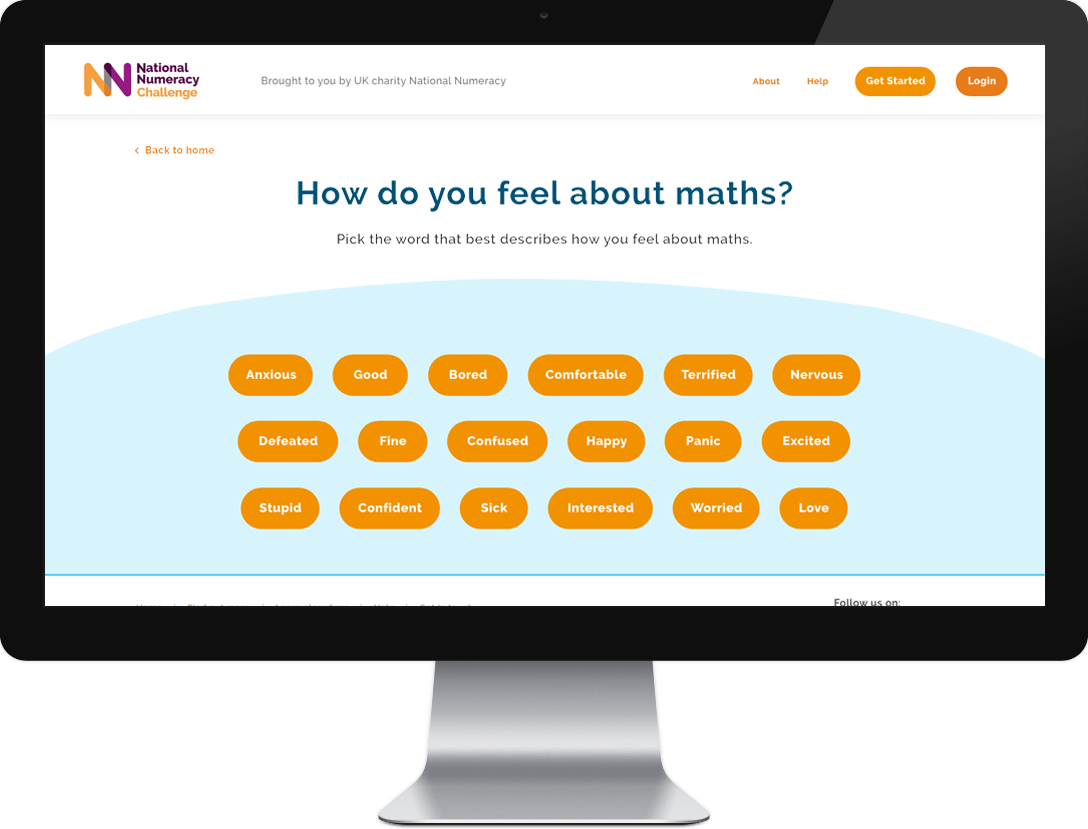Joanna, who went to school in Poland, said she really enjoyed maths lessons with a teacher who “taught us well, with passion, and made it interesting and fun”. But she had problems with other maths teachers and left school with low confidence in her number skills – and little interest in improving them.
That changed after Joanna took the National Numeracy Challenge. At first she avoided taking the check-up: “I was thinking ‘oh no I need to go back to maths, I haven’t done this for years’,” she said. “I was stressed, I was nervous – I didn’t want to do it.
“When I started I was surprised that it was so easy, the questions were primary school level. Then the questions got harder but I really enjoy challenging myself. I was doing really well and I was proud of myself.”
Taking the Challenge helped improve Joanna’s number skills and her confidence in using them, and she was able to help her daughter with maths homework. She said: “I think the key is do it on a regular basis. If I help my daughter for a few minutes every day, then we find it easier and she’s doing really well.”
Joanna also uses her maths skills when she’s shopping, calculating the cost per kilogram of items like salmon so she can compare the real price of different products and save money.
She added that reconnecting with maths has “changed something in my life” and is about to begin studying for Functional Skills maths – an adult numeracy qualification widely accepted as equal to GCSEs by employers. It differs from a maths GCSE in focusing on skills required in daily life and the workplace. She said: “I like that it’s distance learning, so I can still work and do housework and I’ve got flexible time to learn.”
When she finished secondary school, Shajaman considered taking a maths degree but worried that her number skills were not good enough, so didn’t pursue this ambition. “Now maths came back to me,” she said.
“I would recommend for everyone to try to challenge themselves and take the National Numeracy Challenge. It’s not so difficult.
“Then they’ll maybe notice there’s something different they’d like to try in their life, a better quality of life, and they’ll need to develop their maths skills for that. For me, I hope it’ll improve my job opportunities. It also helps with daily life skills like helping children with their homework, doing shopping or managing pocket money.”






